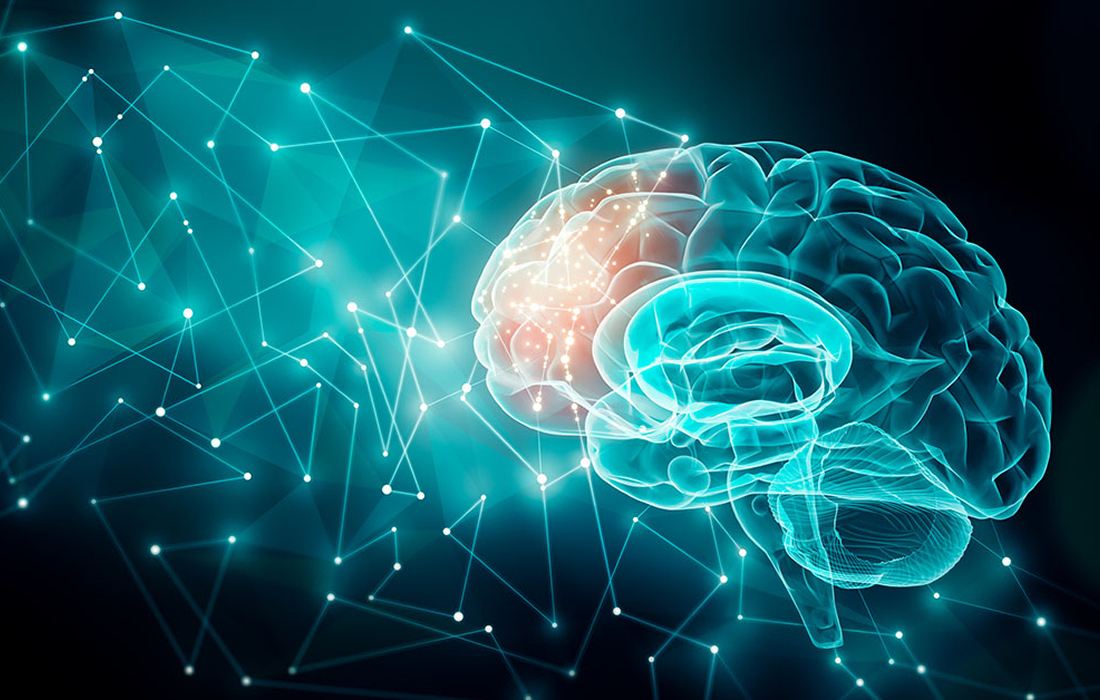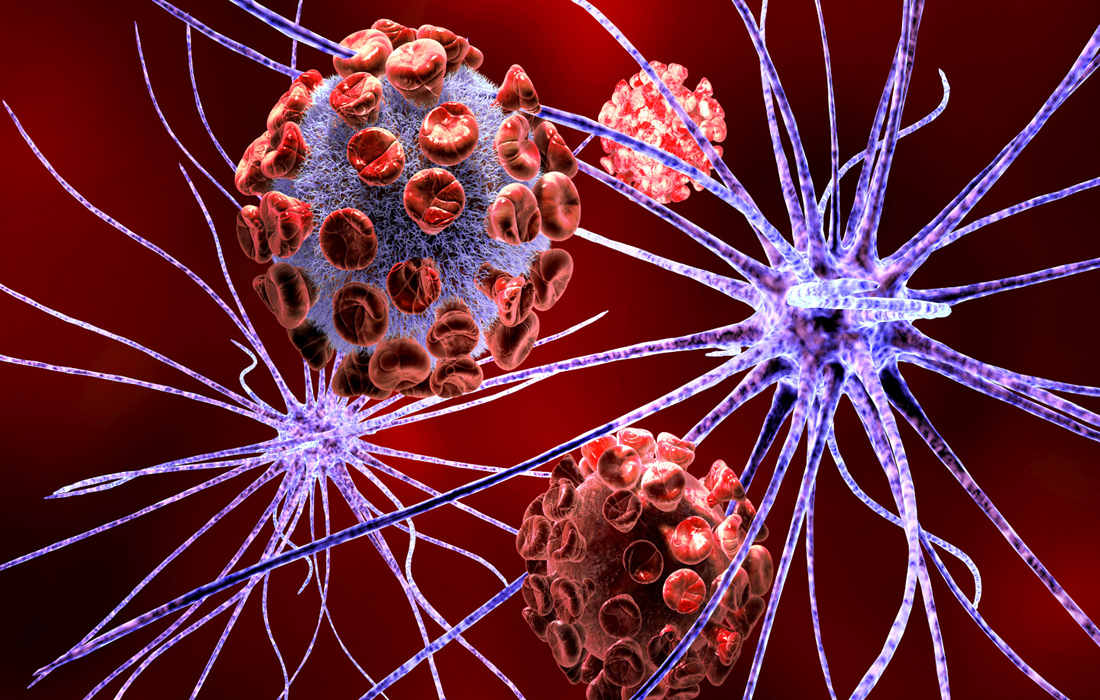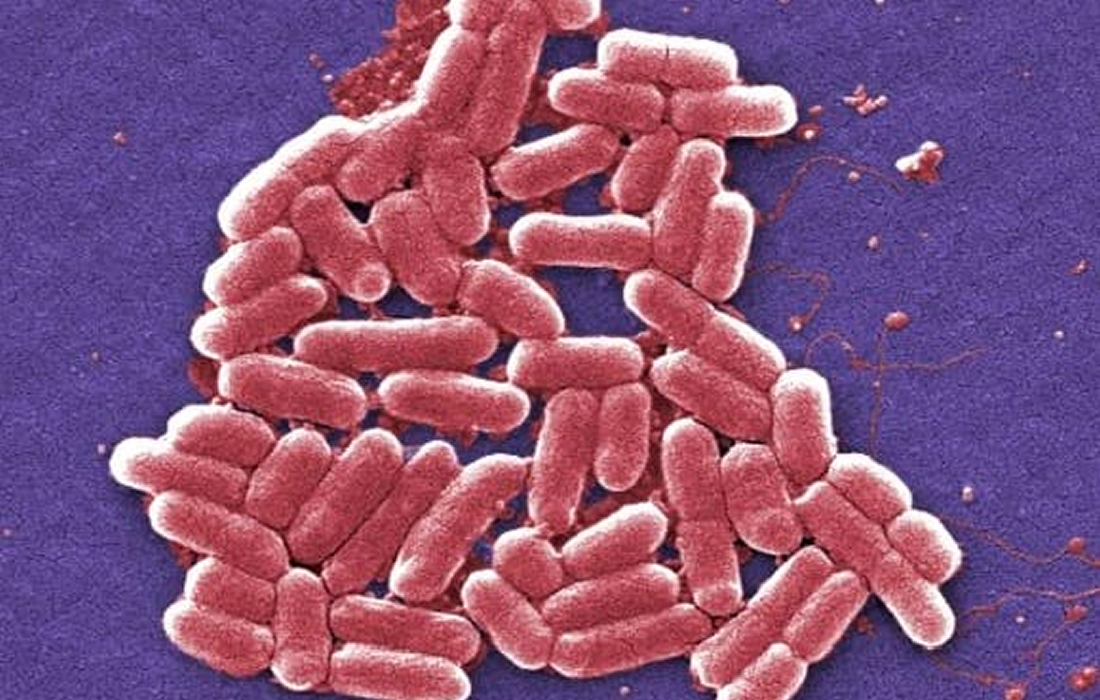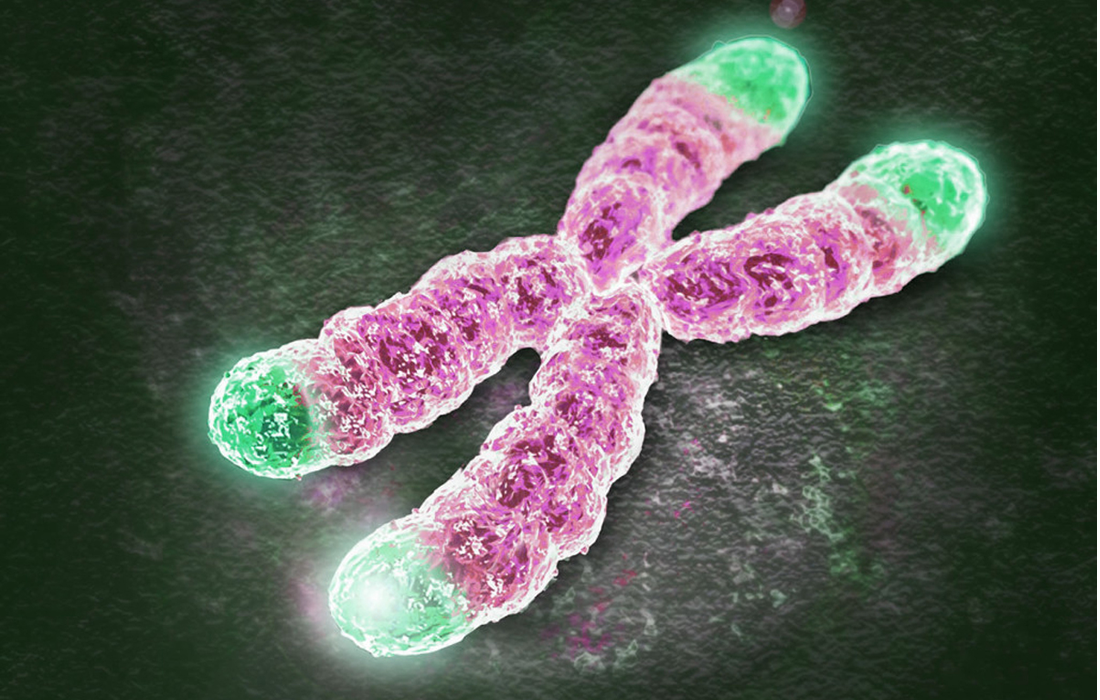Mesenchymal stem cells (MSCs) are multipotent cells that can be derived from different sources, including adult and fetal tissues. They can be derived from bone marrow, fatty tissue, cord blood, umbilical cord, placenta, amniotic fluid, synovium, and dental pulp. There are currently over 300 clinical trials evaluating MSCs therapeutic utility in a variety of diseases […]
Author Archives: Francisco Fernandez, MD
Intermittent fasting (IF) has recently gained much public interest as a weight loss approach. It’s a unique dietary strategy defined as periods of eating alternated with periods of not eating (fasting). This dietary strategy focuses on when food is consumed and total quantity consumed and it works through an altered liver metabolism, referred to as […]
A new study published in The Journal of the Alzheimer’s Association by researchers from the UC San Francisco has found that when elderly people stay active, their brains have more of a class of proteins that enhances the connections between neurons to maintain healthy cognition. Physical activity is widely recommended for age-related brain health, yet […]
What is Multiple System Atrophy? Multiple system atrophy (MSA) is a rare, degenerative neurological disorder affecting your body’s involuntary (autonomic) functions, including blood pressure, breathing, bladder function, and motor control. Formerly called Shy-Drager syndrome, olivopontocerebellar atrophy, or striatonigral degeneration, MSA shares many Parkinson’s disease-like symptoms, such as slow movement, rigid muscles, and poor balance. Is […]
Influenza is a viral infection that attacks your respiratory system — your nose, throat, and lungs. Influenza is commonly called the flu, but it’s not the same as stomach “flu” viruses that cause diarrhea and vomiting. For most people, the flu resolves on its own. But sometimes, influenza and its complications can be deadly. People […]
The COVID-19 pandemic caused by the severe acute respiratory syndrome coronavirus 2 (SARS-CoV-2) has resulted in a devastating global health crisis. Though vaccines are the centerpiece for controlling the pandemic, the benefits of vaccines depend upon complex population vaccination strategies that remain vulnerable to manufacturing or deployment delays. The rapid evolution of the virus into […]
Chocolate, especially dark chocolate, has many nutrients that can positively affect our health. It’s loaded with antioxidants and other substances such as methylxanthines and flavonols that have many health benefits. There are many health benefits that have been proven by scientific studies, among them are: High-quality nutritive components In order for dark chocolate to be […]
An increasing number of infection cases caused by multiresistant Gram-negative bacteria or multidrug-resistant organisms (MDRO) has become a major problem worldwide since there has been a lot of resistance to many classes of antibiotics. Mutant isolates such as fluoroquinolone-resistant and β-lactamase-resistant bacteria have been commonly found, particularly in the intensive care units (ICU). Colistin or […]
Irritable bowel syndrome (IBS) is a common disorder that affects the large intestine and causes signs and symptoms such as cramping, abdominal pain, bloating, gas, diarrhea or constipation, or both. IBS is a common condition. It affects about twice as many women as men and is most often found in people younger than 45 years. […]
What are Telomeres? Telomeres are non-coding repetitive DNA sequences at the ends of chromosomes that protect DNA ends from degradation by exonucleases or end-to-end fusions. When a cell divides, its chromosomes, the bundles of DNA that encode genes, get a little shorter. This is because the cellular machinery for duplicating DNA cannot copy the molecule […]










